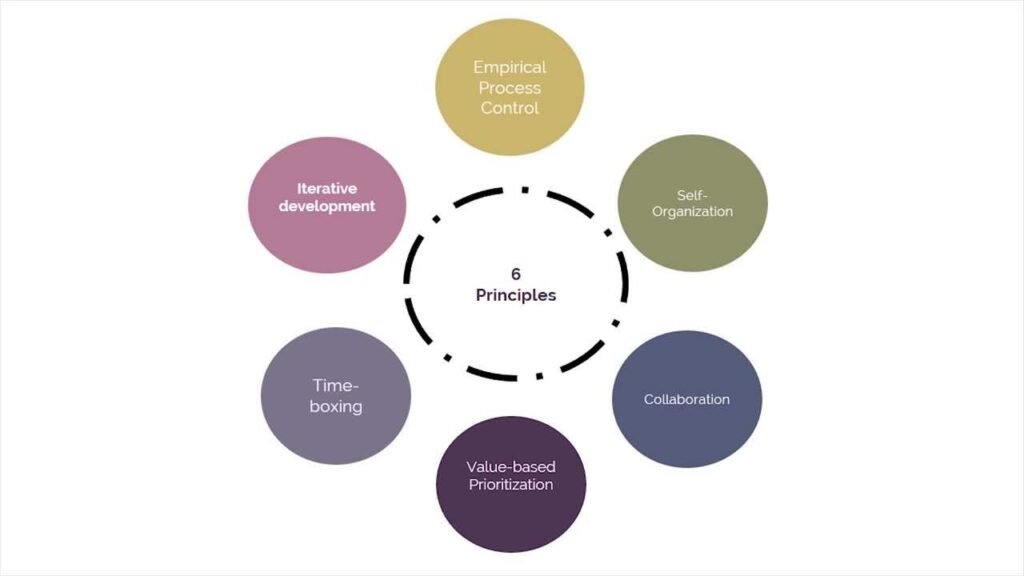In an age where health concerns dominate global discussions, adopting a systematic and practical approach to well-being is essential.
“Health logic” embodies this perspective, emphasizing the importance of preventive care, informed decision-making, and balanced living.
It serves as a roadmap for individuals seeking to sustain their physical, mental, and emotional health sustainably and meaningfully.
This article explores the core principles of health logic, its applications, and the challenges of implementing it in daily life.
Understanding Health Logic
At its heart, health logic is a mindset that encourages individuals to think critically about their health choices. It is built on the understanding that the body and mind are interconnected systems that influence each other. Health logic underscores the importance of prevention, balance, and evidence-based decision-making in achieving overall well-being.
Key components of health logic include:
- Prevention Over Cure: Investing in habits and behaviors that prevent illness is more effective and less costly than treating diseases after they develop.
- Balance and Moderation: Overindulgence or neglect in diet, exercise, or rest can lead to health problems.
- Informed Choices: Decisions about health should be guided by credible information and scientific evidence, not myths or trends.
The Core Principles of Health Logic

1. Nutrition
Nutrition forms the cornerstone of health logic. A balanced diet fuels the body with the essential nutrients required for optimal functioning. The logic here is simple: consuming food directly affects your physical and mental health. Whole foods such as fruits, vegetables, whole grains, lean proteins, and healthy fats provide the foundation for a nutritious diet.
Health logic advises against excessive consumption of processed foods, sugars, and unhealthy fats, which are linked to chronic illnesses like obesity, diabetes, and heart disease. Moreover, understanding portion sizes and practicing moderation can prevent overconsumption while ensuring the body gets the nutrients it needs.
2. Physical Activity
Regular exercise is another pillar of health logic. Physical activity improves cardiovascular health, strengthens muscles and bones, enhances flexibility, and boosts mental well-being. Activities such as walking, jogging, swimming, or yoga are accessible options that cater to different fitness levels.
Consistency is the key to reaping the benefits of exercise. Even small, daily activities such as taking the stairs, stretching, or gardening contribute to a healthier lifestyle. Health logic emphasizes finding enjoyable and sustainable activities, making it easier to stick to a routine.
3. Mental Health Awareness
Mental health is as vital as physical health, yet it is often overlooked. Health logic highlights the significance of managing stress, practicing mindfulness, and seeking help when needed. Chronic stress can weaken the immune system, disrupt sleep patterns, and contribute to mental health disorders such as anxiety and depression.
Mindfulness practices, such as meditation, journaling, or deep breathing exercises, help individuals stay present and reduce stress. Adequate sleep, typically 7-9 hours per night, is another crucial aspect, as it allows the body and mind to recover and recharge.
4. Personalized Health Care
No two individuals are the same, and health logic recognizes this. Genetics, lifestyle, and environmental conditions influence an individual’s health needs. Personalized care—tailoring health routines, treatments, and interventions to an individual’s unique requirements—is central to health logic.
This principle also extends to recognizing warning signs and seeking medical attention when necessary. Regular check-ups and screenings enable early detection of potential health issues, making treatment more effective.
Applying Health Logic in Daily Life
Routine Health Practices
A logical approach to health begins with incorporating simple, effective habits into daily life. These include:
- Hydration: Drinking adequate water supports digestion, detoxification, and cellular functions. Experts recommend consuming at least 8-10 glasses of water daily, though individual needs may vary.
- Healthy Eating: Planning meals in advance ensures a balanced diet. Incorporating a variety of foods provides a wide range of nutrients.
- Physical Movement: At least 150 minutes of moderate-intensity weekly exercise helps maintain physical fitness.
- Quality Sleep: A consistent sleep schedule enhances energy levels, focus, and overall health.
Preventive Measures
Preventive care is a hallmark of health logic. Vaccinations, regular health screenings, and maintaining hygiene are simple yet effective ways to prevent illnesses. For example, dental check-ups can prevent gum disease, while annual physical exams can identify early signs of chronic conditions like hypertension or diabetes.
Stress Management
Life’s challenges can be overwhelming, making stress management an essential part of health logic. Techniques such as yoga, tai chi, and guided relaxation can reduce stress levels. Additionally, setting realistic goals and delegating tasks can help manage workloads and prevent burnout.
Building Supportive Relationships
Social connections play a vital role in emotional well-being. Spending time with loved ones, participating in community activities, and seeking support during tough times can positively influence mental health. Health logic encourages nurturing relationships that uplift and empower.
Challenges in Implementing Health Logic
Despite its benefits, adopting health logic can be challenging. Common obstacles include:
- Misinformation: The abundance of conflicting health advice can make it challenging to discern credible information. Social media and fad diets often perpetuate myths that lead to poor decisions.
- Cultural Barriers: Traditional beliefs and practices may conflict with modern health logic principles. For example, some cultures may prioritize fried foods or disregard the importance of exercise.
- Access to Resources: Not everyone can access nutritious food, healthcare, or fitness facilities. Socioeconomic disparities can hinder the implementation of health logic.
- Time Constraints: Busy schedules often leave little room for self-care, leading individuals to prioritize work over health.
Overcoming Barriers in Health Logic
To overcome these challenges, individuals and communities must work together:
- Education and Awareness: Governments, healthcare providers, and schools should promote health literacy, ensuring people can access accurate information.
- Affordable Healthcare: Policymakers must prioritize affordable and accessible healthcare services, particularly in underserved areas.
- Workplace Wellness Programs: Employers can support employees by offering wellness initiatives, such as gym memberships, mental health resources, or flexible working hours.
- Community Support: Local organizations and community groups can play a role in creating supportive environments for healthy living.
The Future of Health Logic
As technology advances, health logic will continue to evolve. Innovations such as wearable devices, telemedicine, and personalized nutrition plans empower individuals to control their health. These tools provide real-time insights, making monitoring progress and adjusting routines easier.
Additionally, integrating artificial intelligence in healthcare enables more precise diagnostics and treatments. By combining technology with the principles of health logic, individuals can achieve a higher standard of well-being.
Conclusion
Health logic is more than a concept; it is a practical framework for achieving and maintaining well-being.
Individuals can lead healthier, more fulfilling lives by focusing on prevention, balance, and informed decision-making.
While challenges exist, they are not insurmountable. Through education, collaboration, and technology, health logic can become a way of life for everyone.
Embracing this approach benefits individuals and creates healthier communities and a brighter future for all.
Latest Post!






